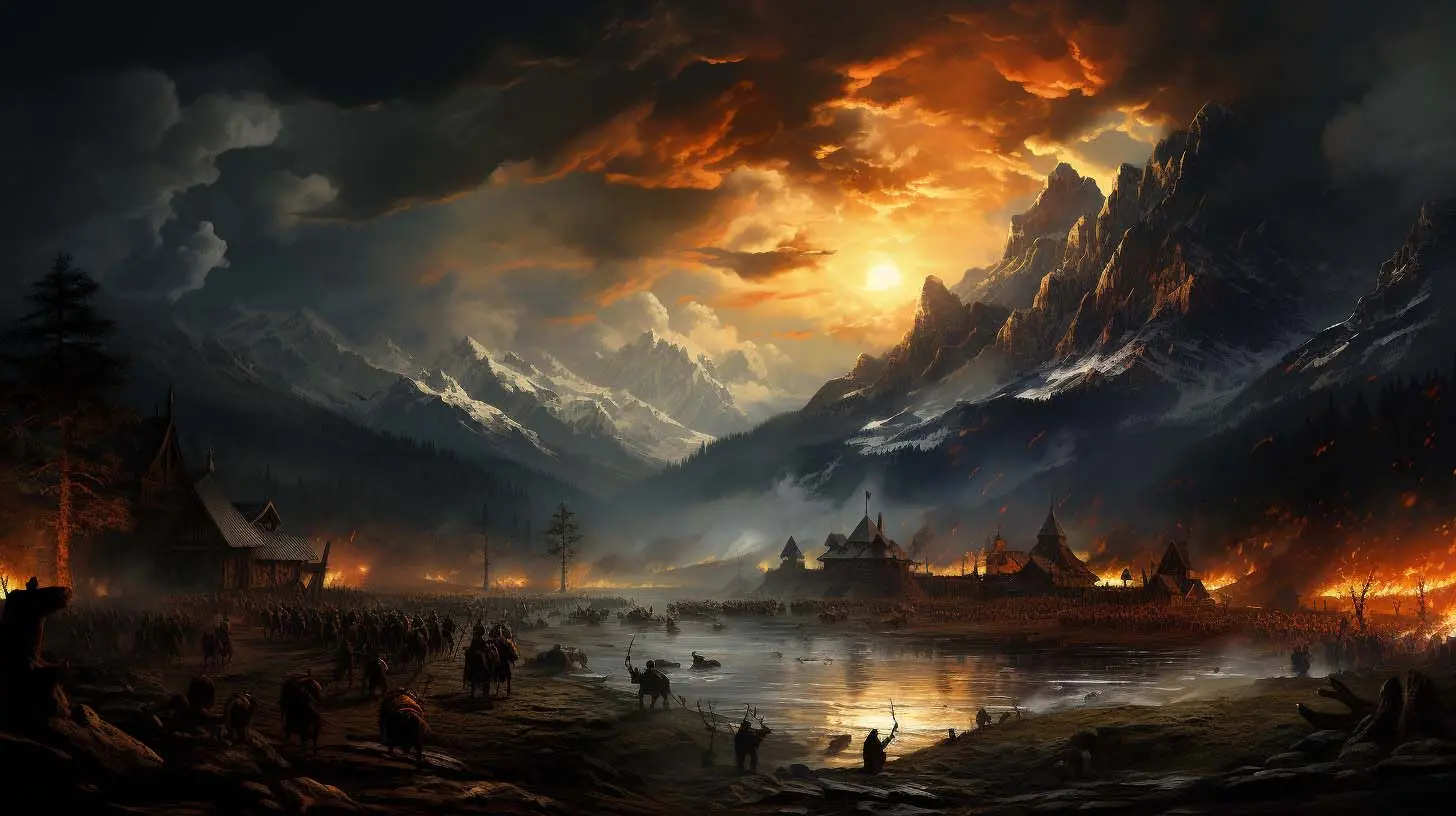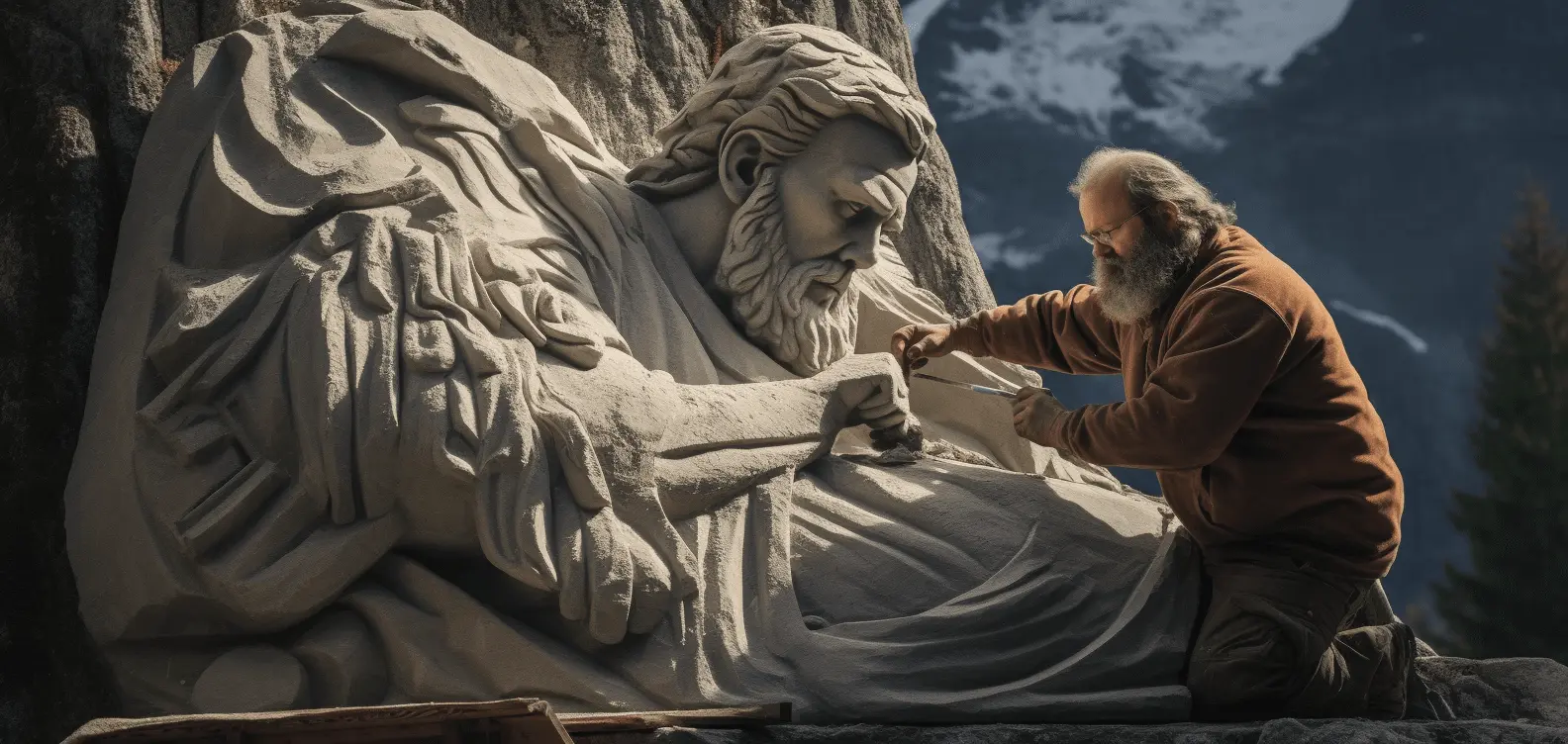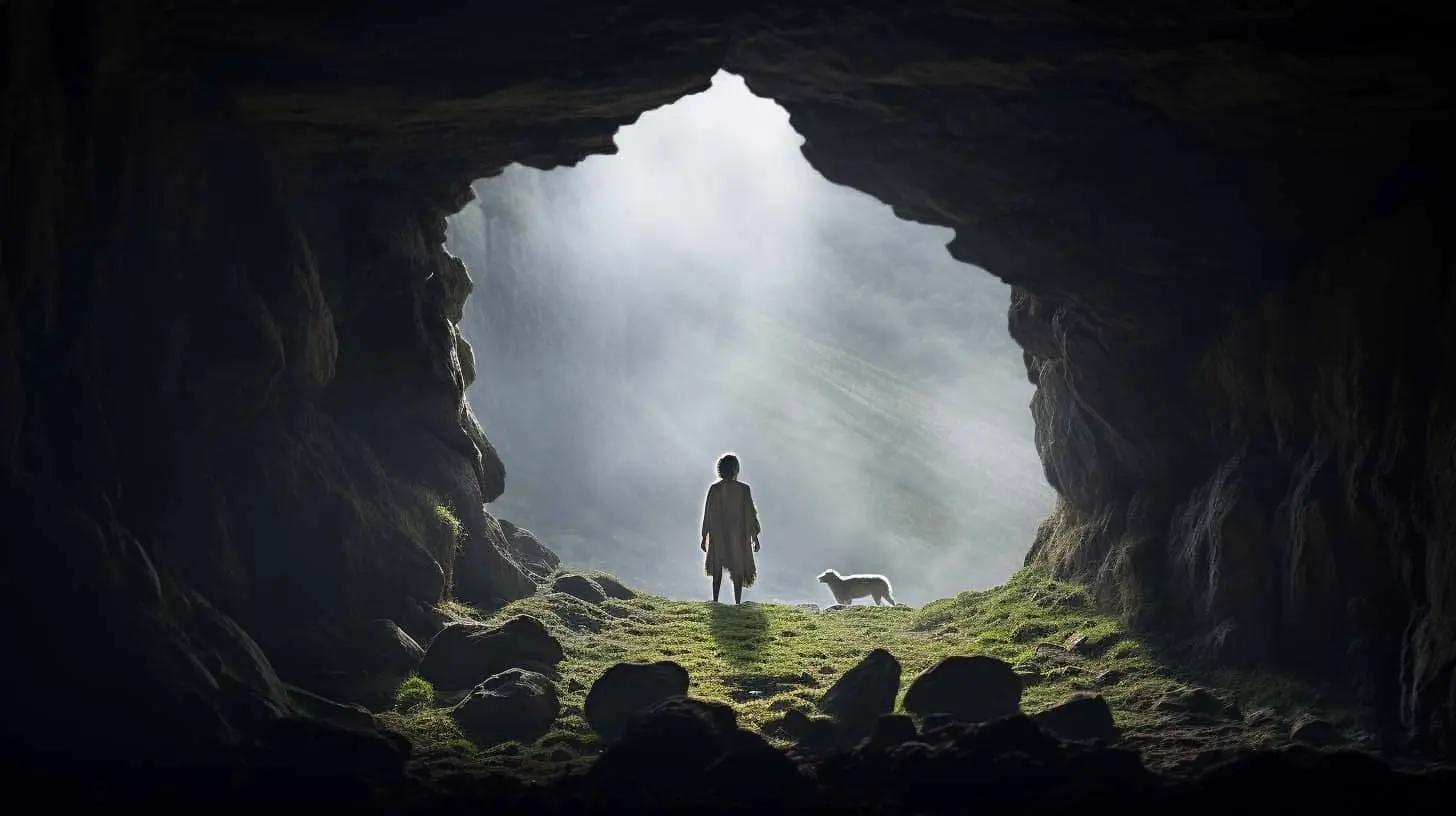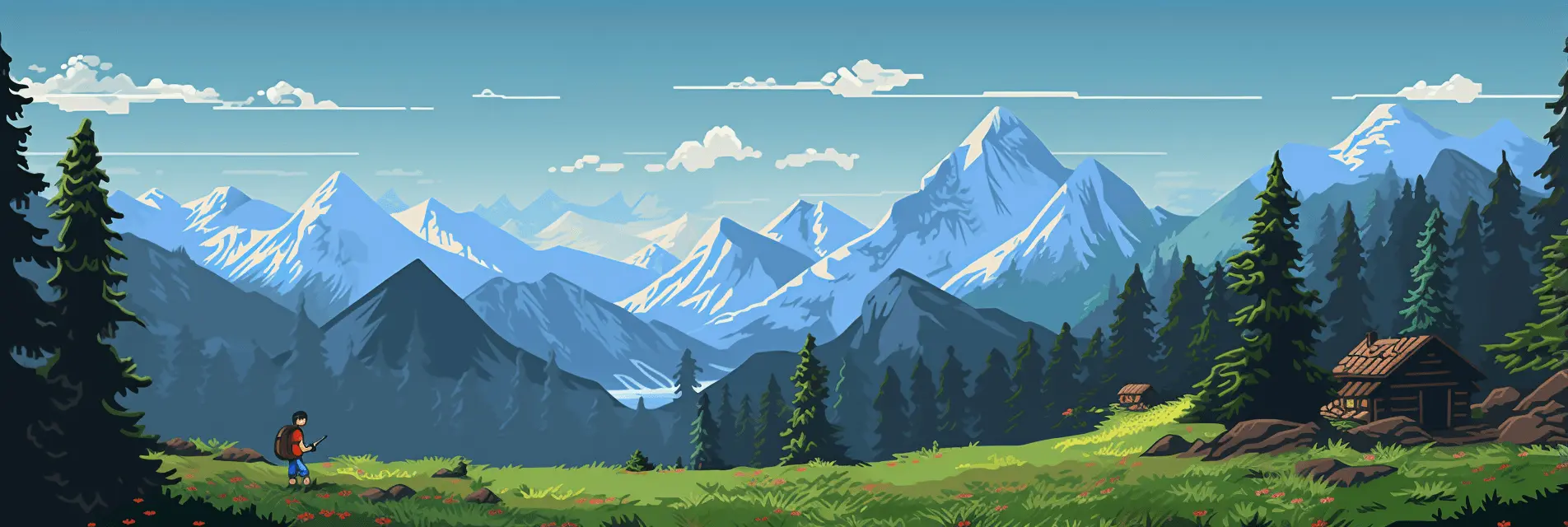Swiss Legends and Heroic Tales
by Meinrad Lienert
Stuttgart 1915
From the Swabian War - Benedikt Fontana
Once, at the end of the fifteenth century, the Swiss had quarreled with their honest neighbors over the Rhine and Lake Constance, especially concerning the good city of Constance, which both the Swabian League and the Confederates would have liked to own. The old episcopal city would not have been unwilling to become Swiss, but when the impetuous Confederates once attacked and wanted to force it into Swiss love, the angry Constance people broke off their friendship and joined the Swabian League. This and other reasons led to the so-called Swabian War. People fought back and forth, inflicting much damage and loss, although the Swabians stayed neatly behind the Rhine and Lake Constance. It plagued the Swiss most when the Swabians called them “cow mouths” across the Rhine and began to moo and wail at their sight.
Now Emperor Maximilian, called the last knight, came to the aid of the Swabian League, and things looked bad for the Confederates. However, the Emperor wanted to force the Swiss to accept the new Imperial order and then intended to subject the Grisons and then the Confederates again to Austrian rule. The Swiss now quickly set out with all their pans to face the Emperor’s army, for if the Emperor’s army won, they had to expect terrible times for their land, since the Austrian knight Burkhardt von Randeck, a fierce Swiss enemy, had said: “I will smoke and burn in Switzerland on the day that God must blink in the rainbow from smoke and heat and draw his feet to himself.1”
But heaven heard this blasphemous speech, and the punishment followed it. For when the Emperor’s army climbed over the mountains to subdue the Grisons first, they were so excellently received by them and their confederates that he lost the war after many fierce battles, and Switzerland and her allies of Grisons had to be left forever with their freedoms.
Especially hot was the battle on the Malserheide. A man from Grisons, Benedikt Fontana, earned great fame there. He led the power of Grisons and their confederates. Now a long bulwark blocked their advance. One storm after another was repelled by the brave Tyrolean shooters behind the bulwark. When now also the Austrian enemy in the back came rushing in bright crowds, the Swiss had to fear being crushed. Then their leader Fontana took them to a last wild storm attack on the bulwark, and they managed to take the heavily armed wall. Fontana stood first beyond the bulwark. But then a sword-stroke hit him in the abdomen. His fellow fighters paused for a moment, paralyzed as they saw their leader fall to his knees. But he rose again, stretched out his sword, and cried, pressing the gruesome wound on his abdomen with one hand: “Confederates, press on! Don’t worry about my fall. I’m only one man. Today you can save the fatherland and your free leagues as victors. If you are defeated, your descendants will come into eternal bondage!” Then he collapsed dead. Now the confederates, shouting with anger and eagerness for battle, jumped over the bulwark and completely defeated the enemy after a bloody struggle.
But that blasphemer, the Knight of Randeck, had a strange fate. About a month before, he set off from Constance with ten thousand men and attacked a bunch of Confederates at Schwaderloch. They had kept poor guard and were taken by surprise. Now they had to fight their way back into the forest. The Randecker became so arrogant that he suggested they should go straight to Zurich, into the heart of the Confederacy. The leaders could not agree. So they made a mighty fire and began to cook and roast and were in good spirits. “Eh,” said the wild Randecker when he saw everything upside down, “watch out, the cow milkers2 will surely come again!”
And they came. They had retreated into the forest, where so many Swiss had joined them that there might well have been fourteen hundred together. Now they tried a ruse. They distributed their drummers all over the forest and then had them drum and roll from all sides, creating a tremendous noise. The Swabians were horrified in their merry camp, thinking that a mighty Confederate army was approaching. And when the Swiss now broke out of the forest, shouting, the warriors of the Swabian League shot too high. The Confederates, however, rushed at them, threw them back on the guns, and the terribly smoking campfire, so that many of them were scorched by the smoke and heat and suffocated. And when the Confederates then kept the field after a short battle and searched the dead, they also found the wild Knight of Randeck with singed hair and blackened by smoke next to the guns by the fire. With horror, they now remembered his blasphemous speech before the war.
As noted by: T. Tschopp
The idea of God being on the side of the winning army is quite common, but the sin of blasphemy is now lost on many.





Comments
With an account on the Fediverse or Mastodon, you can respond to this post. Since Mastodon is decentralized, you can use your existing account hosted by another Mastodon server or compatible platform if you don't have an account on this one. Known non-private replies are displayed below.